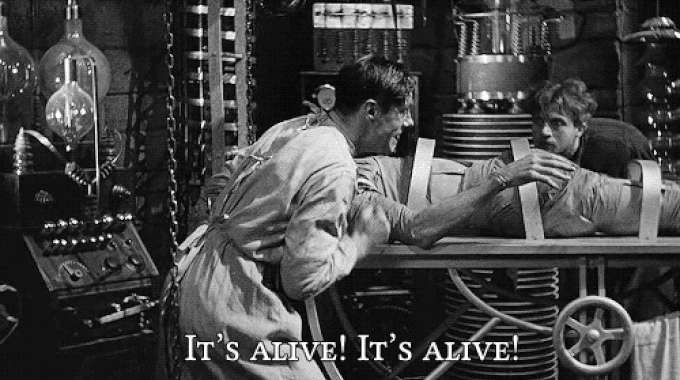 Everyone loves the zombie novel. No, I don’t mean a novel about zombies. I mean the novel itself as an artform, which walks on undeterred by premature declarations of its demise.
Everyone loves the zombie novel. No, I don’t mean a novel about zombies. I mean the novel itself as an artform, which walks on undeterred by premature declarations of its demise.
Category Archives: News
 From the New York Times:
From the New York Times:
A federal judge on Friday approved a settlement in which Apple could begin paying $400 million to as many as 23 million consumers related to charges that it violated antitrust law by conspiring with publishers to raise e-book prices and thwart efforts by Amazon …
Apple initially agreed to pay up to $400 million to settle the class action in June, ahead of a damages trial set for two months later in which attorneys general in 33 states and class-action lawyers were expected to seek up to $840 million …
The suit accused Apple of being a “ringmaster” of a conspiracy with the five major publishers to raise the average price of e-books from the $9.99 price that Amazon had made standard for new e-book releases. Simon & Schuster, HarperCollins and the Hachette Book Group settled the day the case was filed; Penguin and Macmillan settled months later.
Read the rest here.
And, to reiterate, I recognize the economic danger of Amazon’s size, but (a) Amazon is nowhere near a monopoly or monopsony, (b) it was Amazon’s competitor Apple that showed its willing to break the law to the rip off readers, and (c) the Big Five were an economically dangerous cartel long before Amazon’s first 1’s and 0’s hit the Internet, and they prove their intentions to behave as a cartel again and again, to the detriment of readers and writers.
The facts in this scandal make the deluded National Book Awards polemic delivered by Ursula Le Guin, who is otherwise a remarkable advocate for literature, all the more tragic. Continue reading
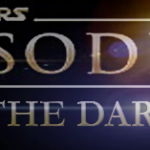
The title for Star Wars episode VII has been released to mixed reviews. Some initially wondered if The Force Awakens was a prank or an Onion article.
What exactly does J. J. Abrams mean? Has the Force been sleeping?
I’m beginning to wonder if my own joke title (playing on the Abrams Star Trek reboot, Into Darkness) wouldn’t have been better.
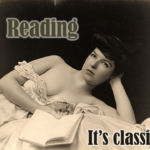
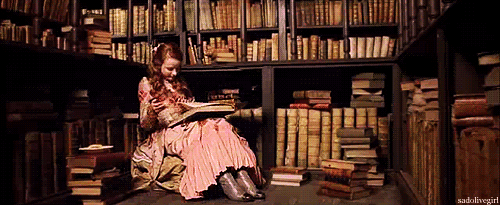 I’ve been relatively quiet during Banned Books Week, but here are a few cool literary bits and pieces I’ve found for you guys.
I’ve been relatively quiet during Banned Books Week, but here are a few cool literary bits and pieces I’ve found for you guys.
Stephen King argues that books—by which he means paper codices—are going to be around for a long time, and I agree with him.
Script Shadow asks: What makes a good story idea? Also, what makes a bad idea? And, can you make a bad idea good?
The movement to make scientific publishing more open to the public is on! But, can it work, realistically? Let’s hope so.
Now, if you want to know why I’m no fan of Banned Books Week, keep reading. Continue reading
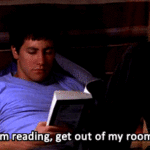
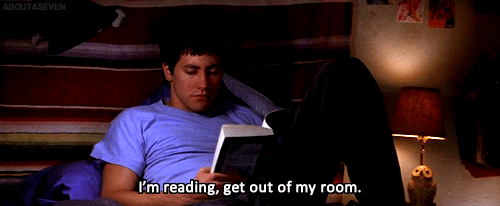 Ever get furious about a book that was too long for its own good, or about a book that was full of falsehoods, or about a book you thought was great but other people didn’t care for?
Ever get furious about a book that was too long for its own good, or about a book that was full of falsehoods, or about a book you thought was great but other people didn’t care for?
Okay, so maybe “rage” is a strong word for today’s lit links, but there’s something of frustration about them all.
First we have author Ian McEwan complaining that very few novels earn their length, and that he prefers shorter works that (aligning with the ethos of Poe) can be read at one sitting. (Good news for those of us who aren’t afraid to write novellas!)
The Atlantic takes on non-fiction publishing with a piece on the lack of rigorous fact-checking, which calls into question whether most non-fiction should be more honestly marketed as fiction.
National Public Radio examines how F. Scott Fitzgerald‘s The Great Gatsby (in the fine American tradition of Moby-Dick) went from flop to The Great American Novel.
Lastly, what if you learned that some of your favorite authors were writing novels that were going to be sealed away in a vault for a hundred years so that you’d be long dead before anyone could read them? Well, it’s happening! Rage on!
_
Style guide: Texts, performances, and periodicals (including websites) are italicized. Key persons are in bold.

 Today’s links are all about fairness and seeing both sides of the issue!
Today’s links are all about fairness and seeing both sides of the issue!
♦ We all know that book jacket designers are deeply influenced by the content of a book, but did you know the influence can also go in the other direction?
♦ In the interest of fairness, the Cleveland Plain Dealer published two sides of the e-book debate: librarian Luren Dickenson‘s top 10 reasons to give e-books a try, and bookstore owner Harriet Logan‘s argument that e-books can never match physical books for beauty and collectibility. (Check below the jump for an unfortunate glitch in this story.)
And, for a humorous take on the issue, check out Ikea’s new ad for the “bookbook.”
♦ On the subject of access, we recently learned that a key work of Copernicus that was long thought lost has now been found! But, we also learned that book privileges long available to prison inmates have now been lost.
And Margaret Atwood‘s latest book? None of us will likely ever read it because it’s scheduled for publication in 2114! How is that fair?
_
Style guide: Texts, performances, and periodicals (including websites) are italicized. Key persons are in bold. Continue reading

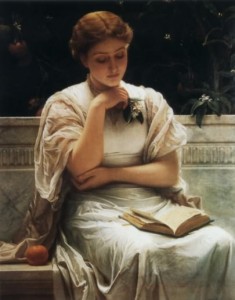 To get with the loving and giving, we start off with two bits of good news for folks on the autism spectrum.
To get with the loving and giving, we start off with two bits of good news for folks on the autism spectrum.
First, a little Guardians of the Galaxy anecdote about how much of a difference it can make to have someone in a story to identify with.
And then, the first comic book hero explicitly written as a person with autism.
And now, to the book loving and suggestion giving. Here is a list of lists of links to lists of books!

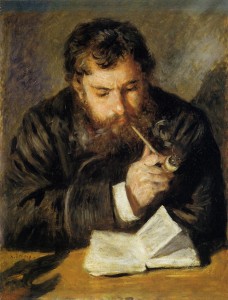 If you’re easily upset by controversy, you might want to skip today’s literary links!
If you’re easily upset by controversy, you might want to skip today’s literary links!
Author Bettina Stangneth has taken on the iconic view of Adolf Eichmann in Hannah Arendt‘s classic biography of the Nazi war criminal, from which we inherit the concept of the “banality of evil.” Stangneth’s new book, Eichmann Before Jerusalem, demonstrates that he was fully aware of his role in organizing the Holocaust.
Some of you may have heard of Patrick McLaw, the Maryland middle-school teacher suspended from his job and spirited away by police to a psychological evaluation because he published a sci-fi novel about a school shooting 900 years in the future. Well, as it turns out, there’s a bit more to the story and McLaw is now claiming his detainment is more about misinterpreting his model-building hobby and a letter he had written than about his fiction.
If your kids love crayons, you still might not want to get them the latest offering from Really Big Coloring Books: a terrorism-themed series that has been recently updated to included information about the Islamic State and depictions of crucifixions.
And, if your kids are addicted to video games, you might want to keep quiet about the new Minecraft guidebooks, which are thriving on gamers’ obsession with the game.
_
Style guide: Texts, performances, and periodicals (including websites) are italicized. Key persons are in bold.

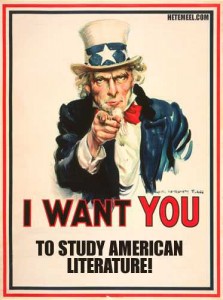 Today is the anniversary of the first flying of the US flag, in 1777 during the Revolutionary War battle at Cooch’s Ridge. And this is a star-spangled day of links, highlighting both America’s own literary culture and America as a magnet for writers and writing from around the world.
Today is the anniversary of the first flying of the US flag, in 1777 during the Revolutionary War battle at Cooch’s Ridge. And this is a star-spangled day of links, highlighting both America’s own literary culture and America as a magnet for writers and writing from around the world.
To get us started, Electric Lit has a great infographic on America’s libraries.
Mimi Cabell and Jason Huff, in a tour-de-force of metafiction, emailed pages from the Bret Easton Ellis masterpiece American Psycho to each other through gmail and collected the sidebar ads that Google’s algorithm chose after scanning the text. The results are … well, psycho.
Al Jazeera America tells us about a Pittsburgh refuge for foreign writers who have faced persecution in their home countries.
Finally, Sal Robinson at Melville House examines what makes a translation sell.
_
Style guide: Texts, performances, and periodicals (including websites) are italicized. Key persons are in bold.



